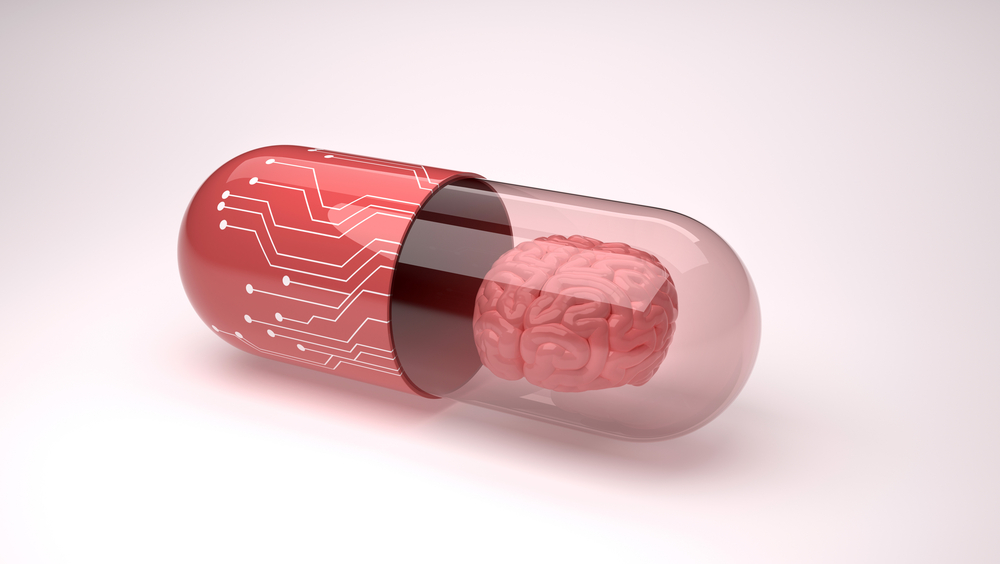Hong Kong's methadone programme has been effectively supporting people with problematic opioid use for decades, and other countries should take note, a new report suggests.
The report – Globally Informed, Locally Responsive – was published by the Open Society Foundations on October 19, and focuses upon the provision of methadone treatment for people who use opioids in Hong Kong. As the report describes, methadone is a prescribed medicine “taken daily to reduce craving for and use of heroin and a host of opioid pain medications” and it is “often referred to as the best-studied and most effective treatment for drug dependence”. It is also on the World Health Organisation's list of essential medicines (PDF).
The report was authored by Dr. Robert G. Newman, who has played a major role in proliferating methadone treatment access in New York City since the 1970s. Referring to Hong Kong’s approach, he marvels at “pragmatism in action”, for several crucial reasons.
Hong Kong’s methadone programme is state-run, and authorities ensure minimal barriers to treatment entry; the provision of same-day admission and readmission to the clinics has long-been established as a city-wide norm. Additionally, the programme employs engaging committed staff at an effective scale; Hong Kong’s methadone treatment facilities are run by trained volunteers, medical professors, and a handful of social workers – rejecting the prevalent consensus that methadone maintenance requires elaborately trained staff.
The programme’s strengths are anchored in its wide availability and accessibility, including near around-the-clock access to facilities. Clinics are open from early morning hours until late at night and even remain open during city-wide emergencies. Around 60 per cent of Hong Kong’s methadone patients live within one mile of a methadone clinic, while almost 85 per cent live within 15 minutes travel time of a clinic.
Crucially, authorities do not apply pressure on patients to stop or reduce their use of methadone. At odds with many other methadone treatment systems elsewhere in the world, Hong Kong’s system does not aim to “cure” opioid addiction, but rather it opts to provide continuous treatment and assistance to those who need it.
Alongside providing people with medicine, the programme has also been credited with controlling the spread of HIV and reducing crime. According to a 2009 report by the UN Office on Drugs and Crime, the HIV rate among methadone programme participants is around 0.3 to 0.4 per cent. This report also notes that around 26 per cent of those entering the programme had prior criminal convictions, but only 4 per cent were convicted of a crime after enrolment.
Uncertainty remains over whether Hong Kong authorities can respond as effectively to problematic use of other drugs, especially amid an apparent rise in the use of ketamine and amphetamines. Regardless, Dr Newman’s report suggests that Hong Kong’s methadone treatment system has been highly successful, and that it should serve as an example for other countries on how to reduce the harms of problematic opioid use in a compassionate and evidence-based manner.
Read the full report here – Globally Informed, Locally Responsive: Hong Kong’s Common-Sense Approach to Expanding Methadone Treatment.


